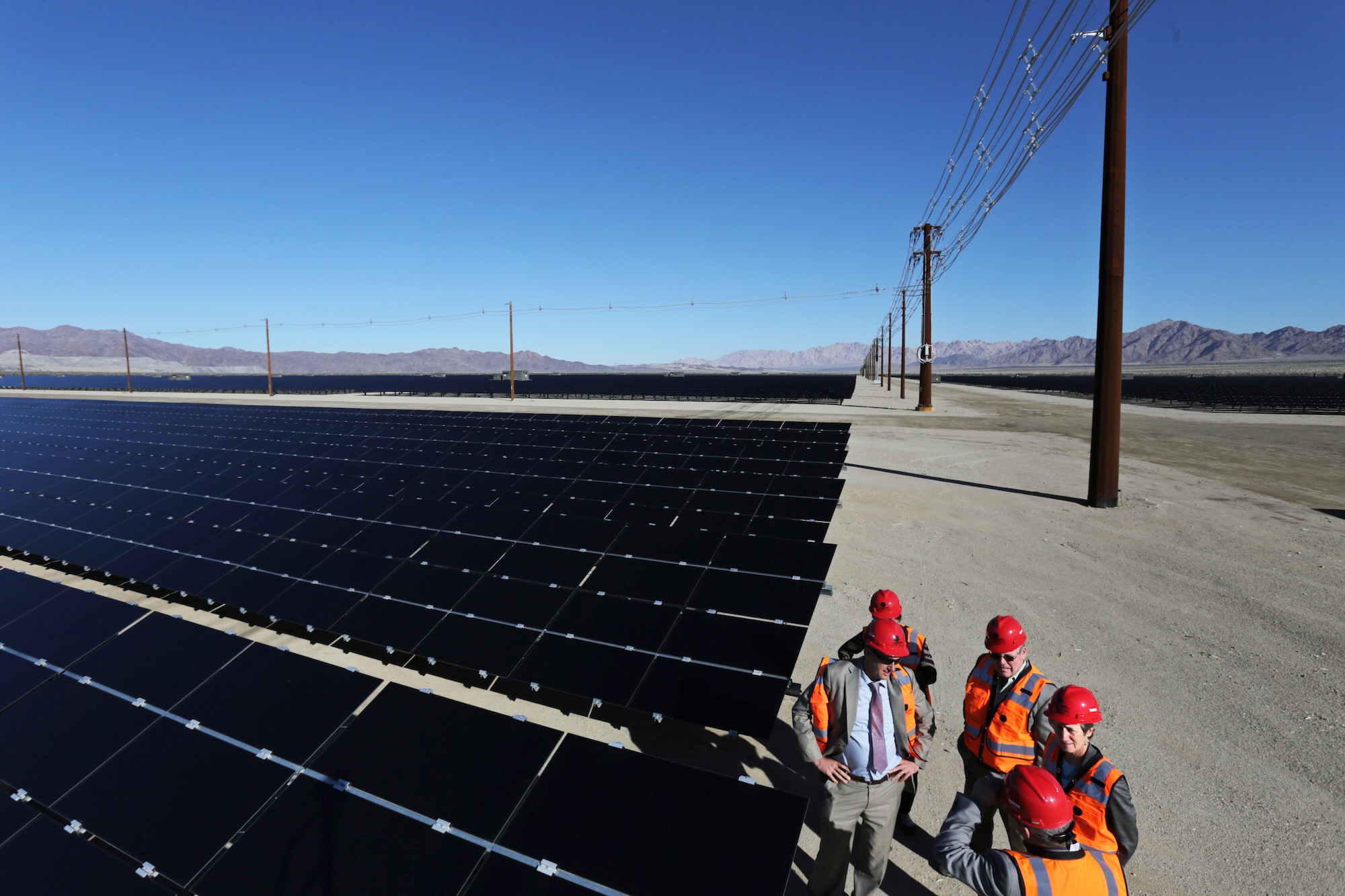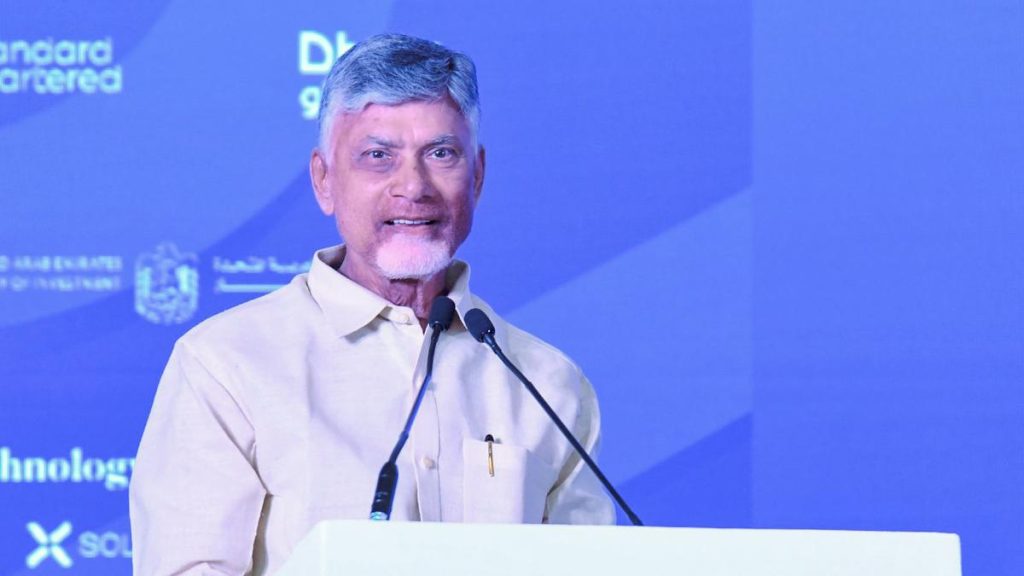Now Reading: Debate Sparks Over New Interior Rules Impacting Wind and Solar Growth
-
01
Debate Sparks Over New Interior Rules Impacting Wind and Solar Growth
Debate Sparks Over New Interior Rules Impacting Wind and Solar Growth

Quick Summary
- President Trump signed a budget bill that impacts tax credits supporting U.S. wind and solar energy.
- New guidelines from the Department of the Interior require elevated review for clean energy projects by Interior Secretary Doug Bergum, slowing approval processes.
- Developers report concerns over potential project delays or cancellations due to increased bureaucratic hurdles, especially for projects on federal lands or those requiring consultations with the department.
- Only 4% of renewable projects are on public land, but broader interpretations of the rules may affect some private land-based developments indirectly.
- Investment firm Roth Capital Partners estimates only 5% of private renewable energy projects may face significant impediments under these new rules. Experts remain divided on the long-term implications for renewables in America amid uncertainty about enforcement scope and impact.
Indian Opinion analysis
The new U.S policy adds layers of bureaucracy specifically targeting clean energy development,reflecting shifting priorities in government strategy under President Trump’s governance. While public land-based wind and solar projects constitute a small fraction (4%) of total renewable efforts, stricter oversight could indirectly discourage even private initiatives where interactions with federal agencies are required – such as wildlife conservation consultations and transmission line permissions across federal territories.From an Indian perspective, this slowdown in U.S. clean energy progress is noteworthy given India’s own enterprising renewable targets aimed at mitigating climate change while meeting growing domestic demand sustainably. Any global disruption to green technology innovation or adoption could stunt international collaborations beneficial to India’s trajectory toward decarbonization goals.
Additionally, India has played an active role in advocating global solar alliances and investments since reliance on fossil fuels has direct implications for environmental sustainability across borders-a concern heightened if major economies like the U.S., once leaders in renewables deployment innovation regress policies weakening implementation frameworks consistency likely impacts ripple infrastructure globally indirect yet indirectly critical bridging deficits reminder commemorate discussions platforms solve issues summarily holistic professionalism awaiting key detriment certeza

























